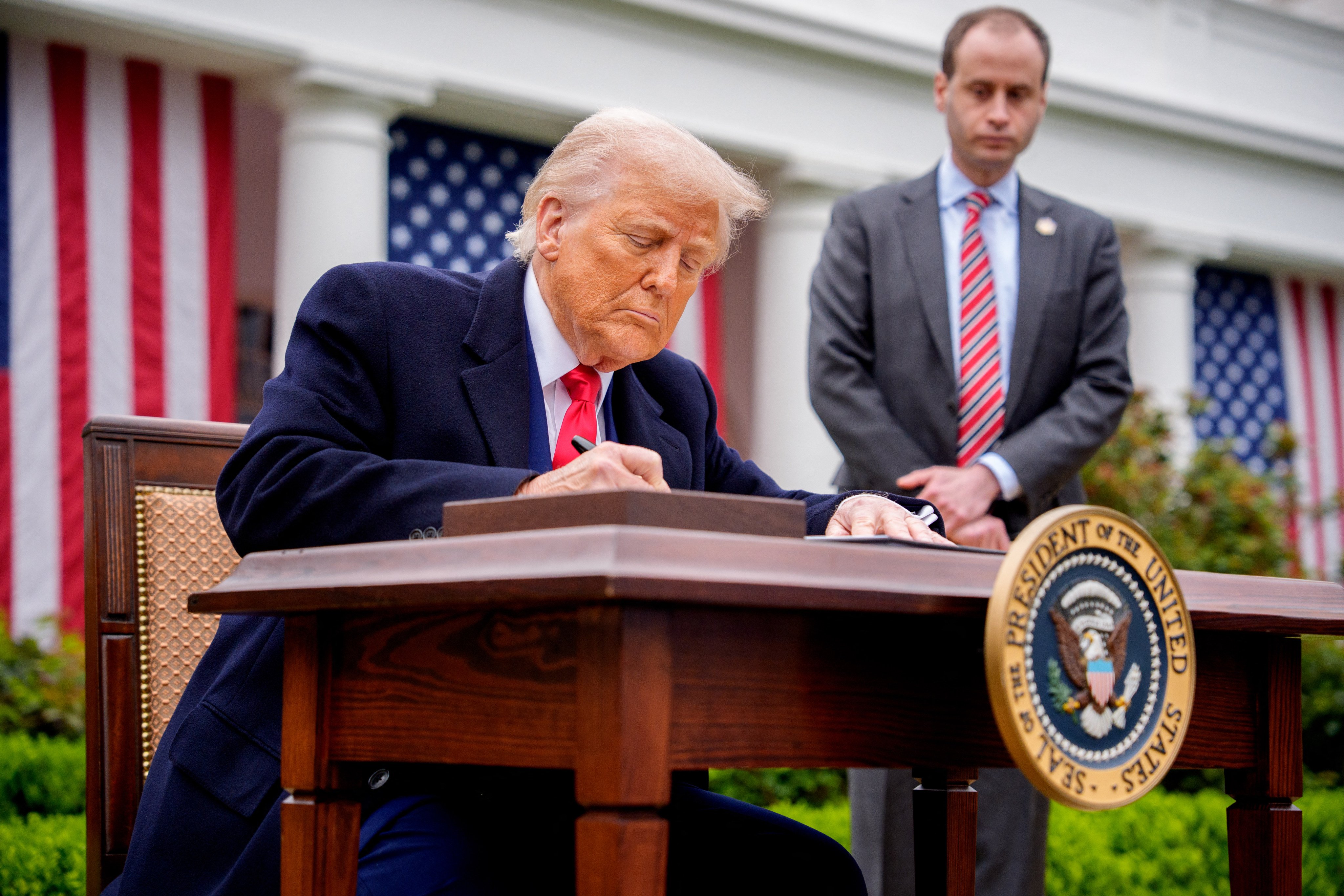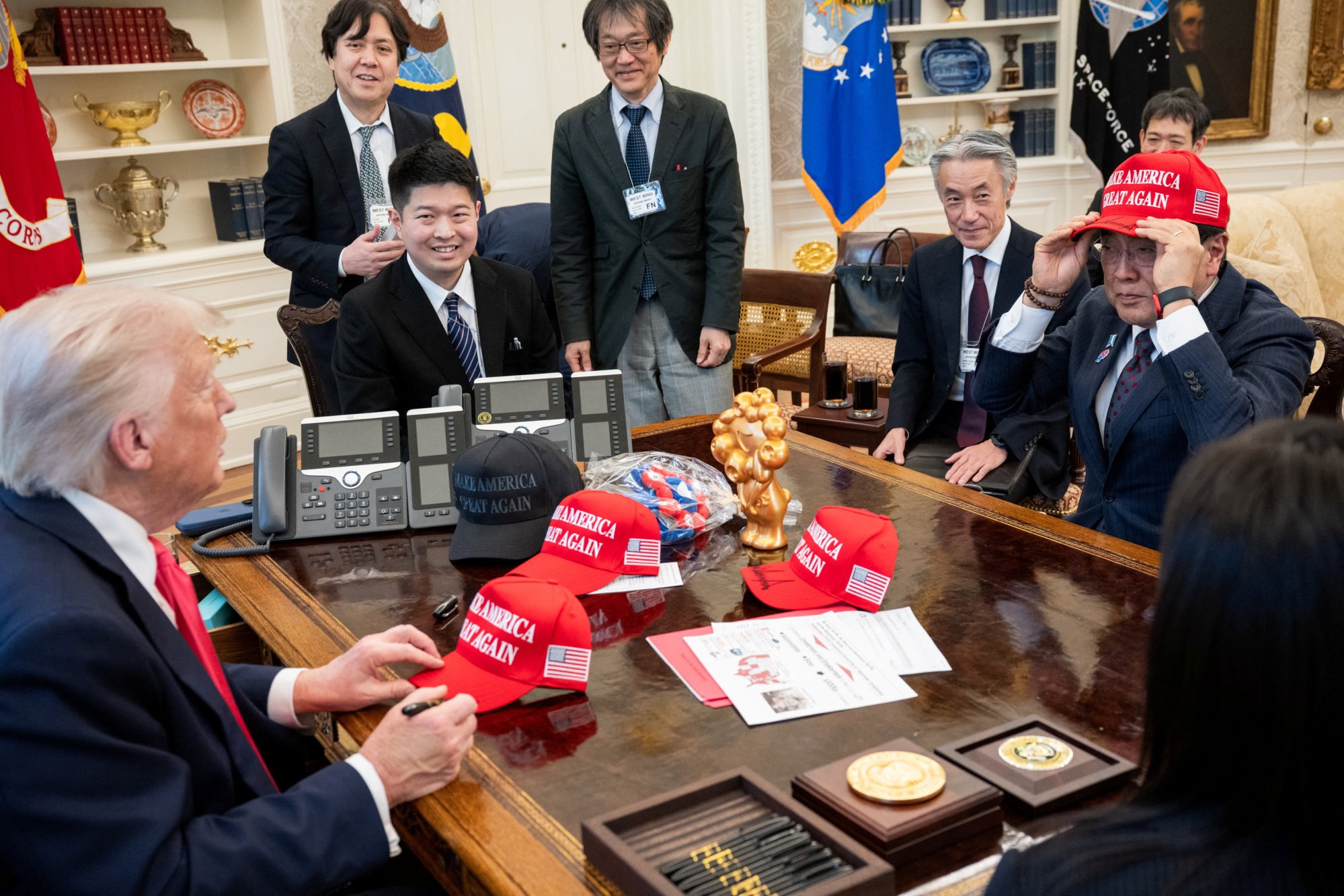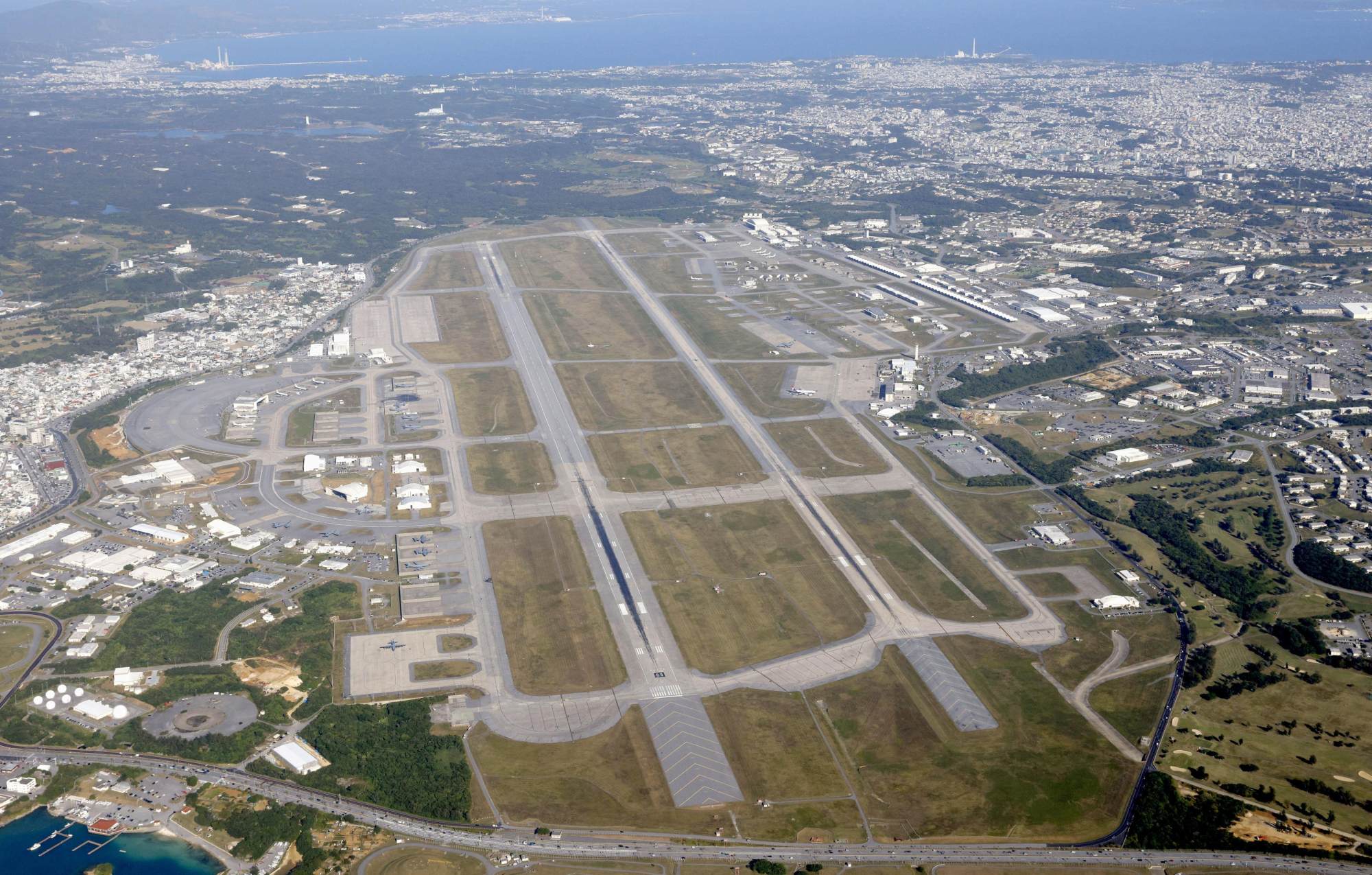Can Japan avoid Trump’s tariffs with semiconductors and defence spending?
Japan’s economy minister is heading to Washington this week for a fresh round of talks in an effort to protect vital US trade ties

Japan is preparing a package of economic incentives – including expanded purchases of semiconductors and increased defence spending – as it seeks to persuade US President Donald Trump to ease the threat of steep tariffs and protect its vital trade and security alliance with Washington.
Economy Minister Ryosei Akazawa, Japan’s chief tariff negotiator, is travelling to Washington this week for talks. On Thursday, he stated that Japan is ready to invest significantly in US military equipment to persuade Trump to reduce the coming tariffs. Japan is also prepared to spend up to 1 trillion yen (US$6.9 billion) on US-made semiconductors.
Tokyo is reportedly set to increase its contributions to the cost of stationing US troops in Japan. Currently, Japan pays 211 billion yen annually for base operations, but the Asahi newspaper reported on Thursday that it is willing to cover additional costs in the “tens of billions of yen.”
“It seems clear that the Japanese leadership has decided this is the only way,” said James Brown, a professor of international relations at the Tokyo campus of Temple University.
“Japan has had the benefit of seeing how other countries have responded to US tariffs, such as Canada and the European Union, and concluded that is not the best course of action,” he told This Week in Asia.
Yet another consideration for Prime Minister Shigeru Ishiba’s administration is July’s election, Brown said.
“[Ishiba] and the Liberal Democratic Party are not in a strong position going into the election, and he has come down on the side of doing everything in his power to stay on good terms with the Trump administration, as that will help him on voting day,” he said.
Japan has requested the removal of all tariffs announced by Trump on April 2, particularly the 25 per cent levies on car imports, vehicle parts, steel, and aluminium. Other products also face “reciprocal” tariffs, but widespread confusion persists due to Trump frequently changing his mind on the figures.
Confusion has grown after a US court ruled on Wednesday that Trump exceeded his authority by imposing tariffs, an issue that is likely to head to the Supreme Court.
Still, Japan appears eager to stay on Trump’s good side.
Before leaving for the fourth round of negotiations, Akazawa told reporters in Tokyo that it was “possible” that Japan will offer to buy more US military equipment if that might help offset tariffs when he meets with US Treasury Secretary Scott Bessent.
Japan previously bought missile defence systems from the US, as well as Aegis destroyers and virtually all the advanced military aircraft that the Self-Defence Forces can deploy, including the F-35 Lightning II, most recently.
“It is not clear how they are going to work this out, but at the moment the offer seems to be quite vague,” Brown said. “That probably suits the Japanese side, but it also allows them to score points with Trump and allow them to sort out the details in the future.”

The UK and Italy are likely concerned, as they have partnered with Japan on the Global Combat Air Programme, an advanced fighter jet expected to enter service by 2035.
“If Trump asks the Japanese why they have decided to go with the British and the Italians, then it is possible that Tokyo will feel under pressure to switch to another US project,” Brown suggested.
Japan plans to purchase semiconductors from Nvidia as part of its negotiations with Washington. Nvidia provides about 80 per cent of the chips used in global data centres, and Tokyo intends to subsidise Japanese companies to facilitate these purchases.
Tokyo has emphasised in previous talks the importance of Japanese investment in US industry and that closer cooperation would bolster the economic security of both nations.
Japan also plans to increase spending under its Facility Investment Plan for US forces by funding new barracks, family housing, and other military infrastructure. This increase essentially means Tokyo will contribute more to the costs of US troops stationed in the country.

The additional expenses may raise eyebrows domestically because Japan is already facing budgetary constraints, but Brown says an aggressive approach offers Tokyo the best chance of success.
“They have decided there is nothing to gain from being timid and even though there are members of the public who will dislike the amount that is being paid for the US troops,” he said. “Japan really has few options, and there may well be advantages in getting out ahead of the situation before Trump even asks for more money.”
Still, there is a risk to capitulating to Trump, Brown said, as the president might conclude that Japan is not offering enough or that he might wring even more money out of Tokyo if he plays hardball.